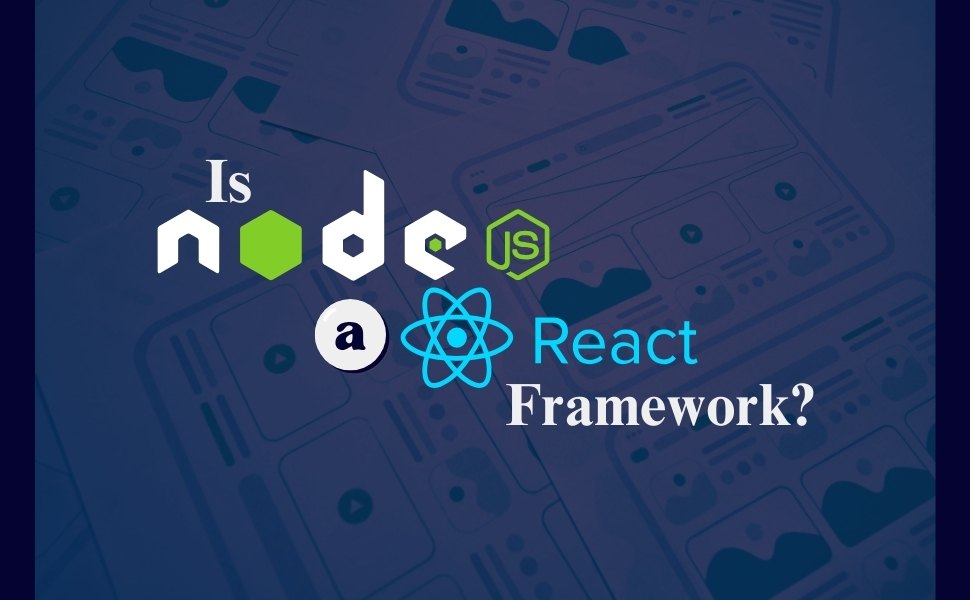Real estate tokenization is revolutionizing how people invest in property. It’s a concept that merges real estate with blockchain technology. Tokenizing real estate assets allows these properties to be divided into digital tokens. These tokens can then be bought, sold, or traded, much like stocks.
Investors and developers need to understand this innovation. Tokenized real estate can change how people invest in property. Whether you’re a seasoned investor or new to the market, the benefits of real estate tokenization are worth exploring.
What is Real Estate Tokenization?

Real estate tokenization is the process of converting ownership of real estate assets into digital tokens. These tokens represent a share of the property and are stored on a blockchain. Blockchain ensures that transactions are secure, transparent, and immutable.
There are different types of real estate tokens:
- Equity tokens: Represent ownership in the property.
- Debt tokens: Represent a share of a loan or mortgage tied to the property.
Some examples of tokenized real estate projects include luxury apartments, commercial buildings, and even entire developments.
Related Articles:
- Best Real Estate Technology Trends
- How to Use AI to Make Money in Real Estate?
- AI in Property Management
How to Tokenize a Real Estate Asset?

Tokenizing a real estate asset involves converting property ownership into digital tokens on a blockchain, enabling fractional ownership and trading. This process unlocks new opportunities for investors and property owners but requires careful planning and execution.
Property Selection: The first step is selecting a property suitable for tokenization. The property should have strong investment potential, considering factors like location, market demand, and legal standing. Not all properties are ideal for tokenization, so thorough due diligence is crucial.
Legal Structuring: Next, the property must be legally structured for tokenization. This involves creating a legal framework that defines ownership rights, responsibilities, and how the tokens will be governed. Smart contracts are drafted to automate these processes and ensure compliance with local regulations.
Digitization and Token Creation: After legal structuring, the property is digitized on the blockchain. Tokens are created, each representing a fraction of the property’s ownership. These tokens are recorded on the blockchain, ensuring transparency and security in all transactions.
Token Offering: Once the tokens are created, they are offered to investors through a Security Token Offering (STO) or a similar event. Investors purchase these tokens, often using cryptocurrency, gaining fractional ownership in the property. This step is essential for raising capital and distributing ownership.
Secondary Market Trading: After the token offering, the tokens can be traded on secondary markets. This provides liquidity, allowing investors to buy or sell tokens as needed. It also offers property owners the potential for increased property value due to the ease of trading.
Ongoing Management: Finally, ongoing management is required to oversee token transactions and property operations. This includes ensuring compliance, managing token-holder relations, and maintaining the property’s value. Effective management is key to sustaining the benefits of tokenization over time.
Tokenizing a real estate asset is a multi-step process that opens new avenues for investment while requiring careful attention to legal, financial, and technical details.
How Real Estate Tokenization Works?
Tokenization in real estate is revolutionizing the way property transactions are conducted. By leveraging blockchain technology, it offers a more efficient and accessible way for people to invest in real estate, even with smaller amounts of capital. This approach makes real estate ownership more inclusive, enabling a broader range of investors to participate in the market.
One of the key benefits of real estate tokenization is the ability to buy and sell properties with greater ease. The process significantly reduces the time and costs associated with traditional real estate transactions. Tokenization simplifies the entire buying and selling process, making it more streamlined and cost-effective for all parties involved.
Fractional ownership is another game-changer introduced by tokenization. By dividing property ownership into smaller, digital tokens, investors can purchase fractions of a property rather than the entire asset. This lowers the barrier to entry, making real estate investments more affordable and accessible to a wider audience.
Smart contracts are integral to the tokenization process, ensuring that transactions are automated, transparent, and secure. These digital contracts automatically execute and enforce the terms of the transaction, reducing the need for intermediaries and minimizing the risk of errors or fraud. Smart contracts enhance the efficiency and clarity of real estate deals.
While real estate tokenization offers numerous advantages, such as increased transparency and liquidity, it also presents challenges. Legal uncertainties, particularly around regulation, can complicate the process. Additionally, ensuring the security of smart contracts is crucial to protecting investors and maintaining trust in the system. Despite these challenges, the benefits of tokenization are driving significant changes in the real estate market.
Benefits of Real Estate Tokenization

Real estate tokenization is transforming the way investors access and manage property assets. By leveraging blockchain technology, it offers enhanced liquidity, transparency, and accessibility in the real estate market. These benefits make tokenization a game-changer for both seasoned investors and newcomers alike.
Let’s see the benefits of it.
Increased Liquidity: Tokenization allows for fractional ownership of properties. This means investors can own small portions of high-value properties. These tokens can be easily traded on secondary markets, offering liquidity that traditional real estate lacks.
Accessibility and Fractional Ownership: Tokenization opens up real estate investment to a broader audience. Investors with limited capital can now buy tokens representing a fraction of a property. This makes it easier for small-scale investors to participate in lucrative real estate deals.
Transparency and Security: Blockchain technology ensures that all transactions are recorded transparently. Smart contracts automate and secure these transactions, reducing the risk of fraud. Investors can trust that their investments are safe and verifiable.
Global Investment Opportunities: Tokenization makes it possible to invest in real estate globally. Cross-border transactions are simplified, and investors from anywhere can participate in property markets worldwide.
Reduced Costs and Efficiency: Traditional real estate transactions involve many intermediaries, leading to high costs and delays. Tokenization reduces the need for middlemen, lowering transaction costs and speeding up the process.
Improved Portfolio Diversification: Investors can diversify their portfolios by holding tokens from different properties. This reduces risk and increases the potential for returns. Tokenization makes it easy to spread investments across multiple assets.
These benefits can help people unimaginably.
Related Articles:
- Will AI Replace Real Estate Agents
- AI for Real Estate Agents
- The Power of Predictive Analytics in Real Estate
Challenges and Considerations
While real estate tokenization offers many benefits, it also presents several challenges and considerations. Regulatory hurdles, market adoption, and technological risks are key factors that can impact the success of tokenized projects. Understanding these challenges is crucial for investors and developers navigating this emerging landscape.
Regulatory Hurdles: The regulatory environment for real estate tokenization is still evolving. Different countries have different rules, which can complicate the process. It’s crucial to understand the legal landscape before tokenizing real estate.
Market Adoption: While tokenization offers many benefits, it is still relatively new. Some investors may be hesitant to adopt this technology. Building trust and educating the market are essential for widespread adoption.
Technology and Security Risks: Blockchain technology is robust, but it is not without risks. Security breaches, while rare, can occur. It’s important to implement strong security measures to protect investors and their assets. Read more.
Real-Life Applications
Several real estate tokenization projects have shown the potential of this technology. For example, luxury apartment buildings in New York and office spaces in London have been successfully tokenized. These projects have attracted global investors, proving the viability of tokenization in real estate.
Market trends indicate that real estate tokenization is growing rapidly. More developers and investors are exploring this option. As the technology becomes more widespread, the market is expected to expand significantly.
How We Can Help
Our company offers specialized web and app development services related to real estate tokenization. We provide custom solutions tailored to the needs of real estate businesses and investors.
Why Choose Us?
We have expertise in blockchain technology and a deep understanding of the real estate market. We can help you navigate the complexities of tokenization and develop secure, efficient platforms for your projects.
Are You Ready to Discuss Your Project?
Are you ready to take your project to the next level? Boomdevs is a leading web app development company, equipped to handle any service you need in the digital space. Whether you’re looking to build a robust web application from scratch or need to enhance your existing platform, our team of experts is here to deliver cutting-edge solutions tailored to your unique requirements. We specialize in creating high-performance, scalable, and user-friendly web apps that drive growth and success. Let Boomdevs turn your vision into reality with our comprehensive web app development services.
Are You Ready to Discuss Your Project?
Wrapping Up:
Real estate tokenization offers numerous benefits, from increased liquidity to global investment opportunities. It’s a game-changer for the real estate market. By embracing tokenization, investors can unlock new possibilities and diversify their portfolios.
If you’re interested in exploring real estate tokenization, we’re here to help. Contact us today to learn more about how we can assist you in this exciting new venture.








